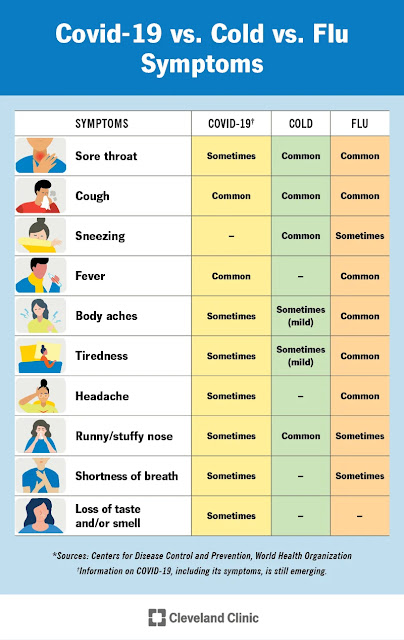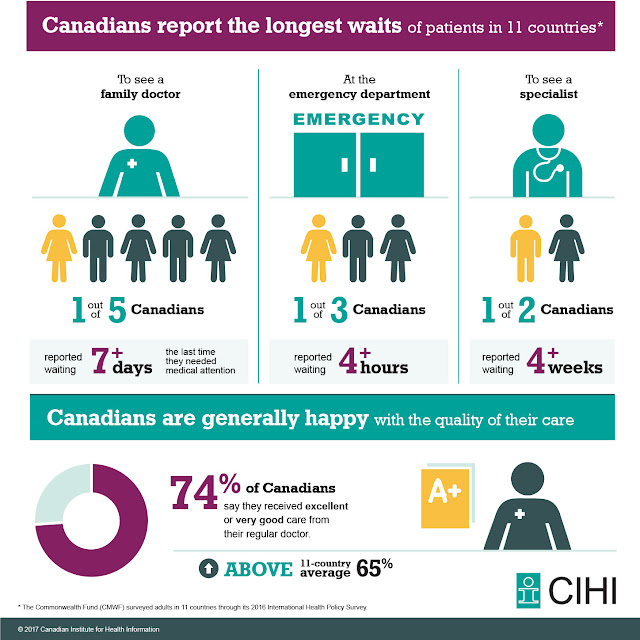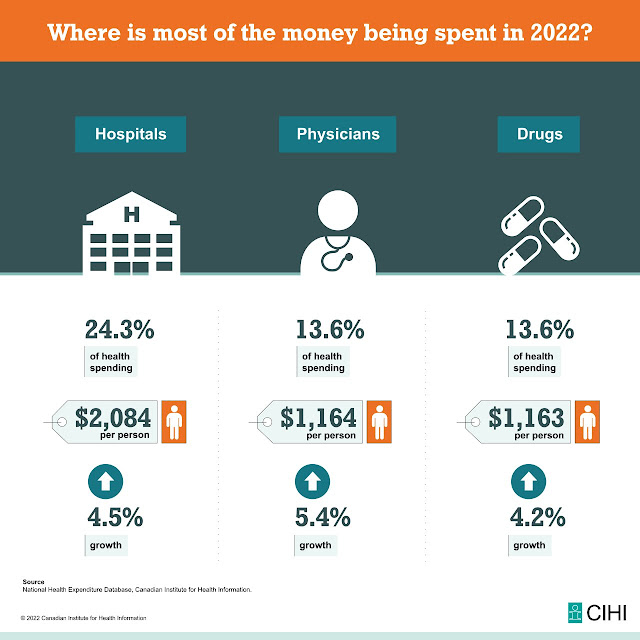With our annual flu/cold season upon us in the midst of an ever mutating COVID epidemic, people are understandably focused on their health. Unfortunately they don't focus on the things that would make it less likely to catch these things, like wearing a mask, making sure you have lots of fresh air, and avoiding crowded areas. They don't want to make any changes to their routine and they expect a magic pill of some sort to immediately cure them if they do fall ill.
Of course getting a pill or any other form of treatment would mean being able to access a doctor of some sort and currently over 1 million people in B.C. alone have no access to a family doctor, never mind the line-ups they face at the nearest hospital or the wait time to see a specialist. The reasons for this are complicated but they are basically for the same reason we have a shortage of nurses and other medical professionals. Our medical/nursing/technical schools have a very limited enrollment, we don't recognize the credentials of fully qualified and trained immigrants, and we can't even agree on a national acreditation standard or process for allowing Canadian trained professionals to work anywhere they choose.
Health care in Canada is now approaching $3.5 billion dollars annually. Half of that is split between hospitals, physicians, and drugs. Health care is mostly paid for through our taxes but it doesn't include all prescriptions, dental care, eye glasses or a wide range of other professional services not to mention home care and services for seniors . The average Canadian's medical services costs work out to $8,500.00 annually with this amount divided between the public and private sector at a roughly 75-25 split. Private health care services are paid for by patients primarily out of pocket and/or through private insurance.
But while the Canadian health care system is a federal creation with universal coverage, it's a provincial responsibility to deliver and herein lies the problem. While the federal government keeps expanding the scope of health care, the provinces are falling behind in delivering their part of the bargain. Without bothering to tackle some of the root causes within their own control, which include an antiquated family doctor system, bloated hospital bureaucracies, a professional registration system that operates like a closed shop union, underpaid health care workers, and no central electronic repository of health records, the provinces keep asking for more money and expect the federal government to pay for something it has no control over.




.png)


Excellent article. Thanks for sharing all the data. Well done.
ReplyDelete